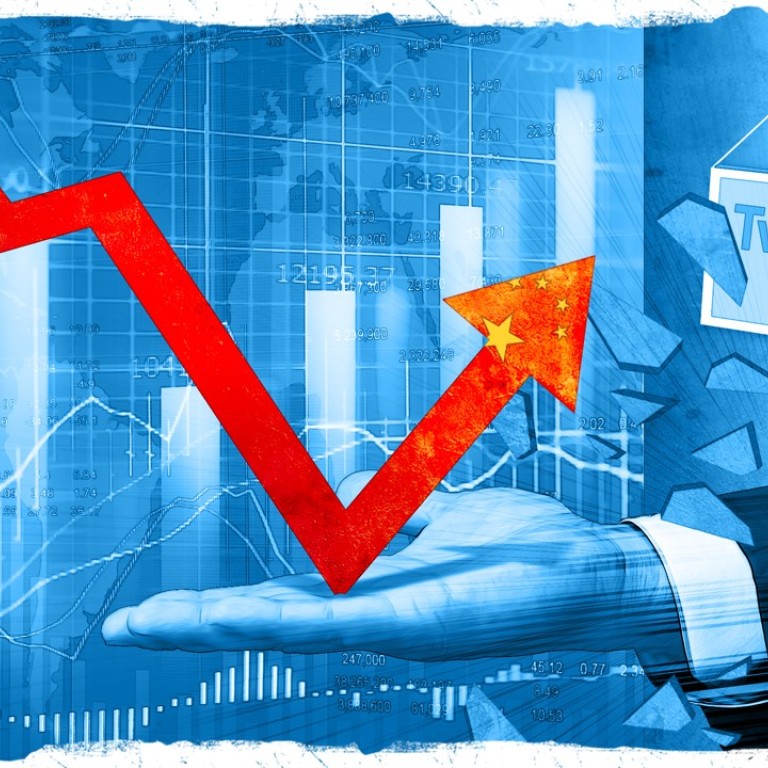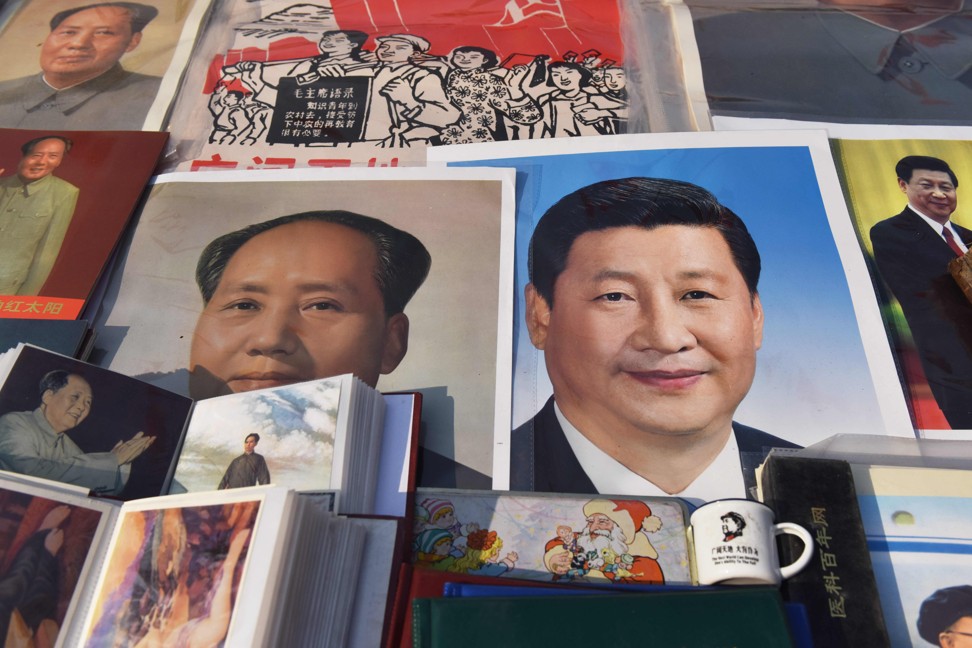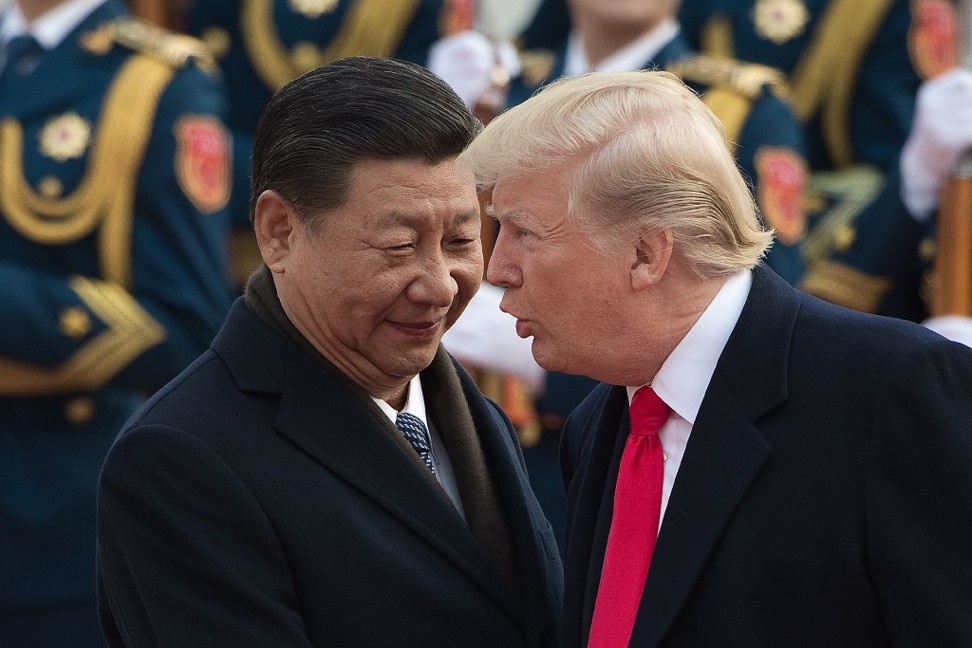
Is keeping Xi Jinping in power the answer to China’s economic woes or a recipe for disaster?
The two-term rule for presidents was designed to prevent empire building, but could lifting it give Xi the power he needs to really ‘get things done’?
Beijing’s plan for President Xi Jinping to remain in office indefinitely could provide the answer to China’s deep-rooted economic woes, analysts said, while others warned that an increasingly centralised power base could create new problems at home and abroad.
The move to scrap the two-term limit on presidents and their deputies comes at a time when the country is busy trying to defuse a variety of financial risks and rebalance the economy against a backdrop of increased protectionism in the United States.
Robert Carnell, chief Asia economist with ING, said that the lifting of the restriction provided some upsides “from an investment perspective” as it would enhance “China’s ability to get things done”.
Economic endeavours such as the transition into a consumer economy and Xi’s pet “Belt and Road Initiative” were “more likely to be successful with a strong and steady leadership”, he said.
The proposal to remove the clause – added to the constitution by the late paramount leader Deng Xiaoping in the early 1980s in response to the empire building he had witnessed during the Cultural Revolution – is expected to be passed at the annual legislative sessions that open in Beijing next week.
Raymond Yeung, chief Greater China economist at ANZ, said lifting the restriction would enable greater policy stability, which in turn would be positive for China’s long-term economic reforms.
“From an academic perspective, it will help reduce an unnecessary economic cycle adjustment triggered by the political changes and ease economic volatility,” he said.
“Also, many reforms can’t be completed in five or 10 years. For instance, the state-owned enterprise reforms, which are still in a state of cautious exploration.”
At the Central Economic Work Conference in December, Xi stressed the need to pursue high-quality rather than high-pace economic growth, and prioritised the need to remove financial risk.
Since taking leadership of the Communist Party more than five years ago, Xi has steadily cemented his grip on power, not least through an anti-corruption drive that has led to hundreds of senior cadres being investigated and jailed. At the national party congress in October it was proposed that Xi Jinping Thought be enshrined in the constitution, another move that is likely to be formalised at the upcoming legislative sessions.
While his increased power has enabled him to push through policies more smoothly than his predecessors, who often had to deal with local bureaucrats’ resistance to unpopular orders, Xi has been criticised for being too hasty to implement schemes that might well have needed more consideration.
Yanmei Xie, a China policy analyst with consultancy Gavekal Dragonomics, said that the new high-pressure political environment was likely to create further problems if local governments no longer had the power to check ill-conceived policies from Beijing.
“The pressure on officials to deliver on targets could lead to more rather than less falsification of data. The drive to show compliance can lead to overshooting, which disrupts markets and social stability,” she wrote in a research note.
“Those risks stem from Xi’s concentration of power at the top level: where the person making policy is increasingly insulated from criticism or feedback, leading to bad decisions and poor results.”
While it is open to debate whether increasing central control is the right way to tackle China’s economic concerns, any move towards a more authoritarian leadership is likely to harden the divisions between Beijing and the West.
Xi’s plan to retain power indefinitely was likely to result in “heightened international tensions over security and economic policy in the coming years” said Tom Rafferty, chief China analyst at the Economist Intelligence Unit.
“It is unlikely that a toughening of political controls will be accompanied by economic liberalisation,” he said.
In December, US President Donald Trump labelled China a strategic competitor in his national strategy report and trade disputes between the world’s two largest economies have been steadily growing.
In a bid to defuse trade tensions, Beijing has sent Liu He, director of the Office of the Central Leading Group for Financial and Economic Affairs and Xi’s right-hand man on economic policy, to Washington for talks. He is scheduled to arrive on Tuesday.
In a press briefing, White House press secretary Sarah Sanders said the constitutional revision was China’s own business.
“I believe that’s a decision for China to make about what’s best for their country.”




